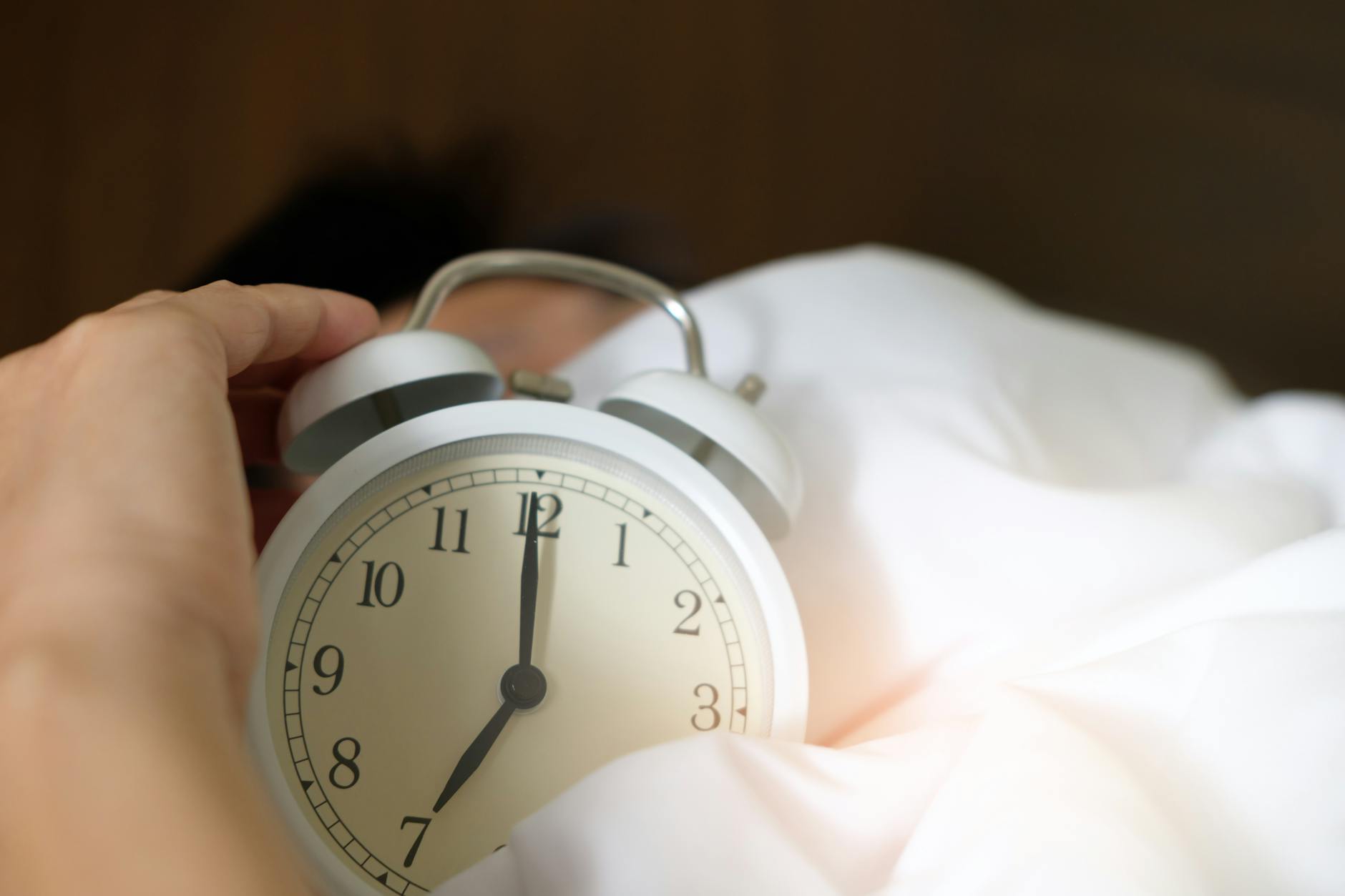We live in a world where productivity is highly prized, and time often feels like a finite resource. This can lead to sleep being overlooked or sacrificed. But the significance of sleep for our mental health, as well as physical health, cannot be overstated. Sleep is not merely a state of rest; it is a fundamental pillar of our overall well-being, intricately linked to our cognitive function, emotional regulation, and mental resilience. In this article, I’ll be looking at what constitutes good sleep hygiene and offering practical tips to cultivate better sleep habits.
How Much Sleep Do We Actually Need?
According to the National Sleep Foundation, adults aged 18-64 require 7-9 hours of sleep per night for optimal health and functioning, and studies indicate that a significant portion of the population fails to meet this recommendation, with around 35% of adults reporting inadequate sleep duration.
There are also recent studies to suggest that women may need more sleep than men. Women are 40% more likely to suffer from insomnia than men and are nearly twice as likely to be diagnosed with anxiety and depression, two conditions strongly associated with insomnia. Hormones may be another reason for women and men’s differing sleep needs. The sleep-wake cycle is ruled by hormones and hormones affect when we feel tired, when we feel alert, and when we feel hungry. Women can experience hormonal changes each month which impact their circadian rhythms.
Why is Sleep So Important?
Sleep is not merely a luxury but a basic necessity for our health and wellbeing. It’s during sleep that the brain consolidates memories, processes emotions, and clears toxins accumulated during waking hours.
The consequences of poor sleep extend far beyond grogginess and fatigue. Chronic sleep deprivation disrupts the delicate balance of neurotransmitters in the brain, leading to mood disturbances, increased stress levels, and impaired cognitive performance. As mentioned earlier, research has shown that individuals with insomnia are at a higher risk of developing depression and anxiety disorders.
Furthermore, insufficient sleep compromises our ability to regulate emotions effectively, making us more prone to irritability, impulsivity, and negative thinking patterns. It’s a vicious cycle: poor sleep exacerbates mental health issues, while mental health problems, in turn, disrupt sleep patterns.
Understanding Sleep Hygiene
Sleep hygiene refers to a set of practices and habits that promote healthy sleep patterns and improve sleep quality. Adopting good sleep hygiene practices is crucial for optimising sleep duration and quality, thereby safeguarding our mental well-being.
Here are five tips:
- Pay Attention to Temperature: The body’s core temperature naturally decreases during sleep to initiate sleep and maintain a restful state. Keeping your bedroom cool helps facilitate this process. A study published back in 2012 found that a decrease in core body temperature is associated with the initiation of sleep. Equally, Melatonin, often referred to as the “sleep hormone,” plays a crucial role in regulating sleep-wake cycles. Another study published in 2012 showed that lower ambient temperatures enhanced the production of melatonin, potentially improving sleep quality.
- Establish a Consistent Sleep Schedule: Aim to go to bed and wake up at a similar time every day, even on weekends. Research published in the journal Sleep in 2014 found that individuals with irregular sleep schedules experienced more fragmented sleep and poorer sleep quality compared to those with consistent bedtimes. The study, conducted at the University of Michigan, emphasised the importance of regular sleep patterns for overall sleep health.
- Limit Caffeine and Alcohol Intake: Avoid consuming caffeine and alcohol close to bedtime, as they can interfere with sleep quality and disrupt sleep patterns. A study published in the Journal of Clinical Sleep Medicine found that caffeine consumption even six hours before bedtime significantly decreased sleep duration and quality.
- Get Outdoors During the Day: Exposing yourself to natural sunlight during the day can help regulate your circadian rhythm and engaging in some form of physical activity (even if it’s just a 30-minute walk) can also help (but do remember to avoid vigorous exercise close to bedtime, as it may interfere with your ability to fall asleep).
- Limit Exposure to Screens Before Bed: Most of us have heard of this before, but it’s really important to avoid electronic devices such as smartphones, tablets, and computers at least an hour before bedtime. The blue light emitted by these devices can disrupt the production of melatonin, a hormone that regulates sleep-wake cycles, as demonstrated in research published in the journal Proceedings of the National Academy of Sciences.
In conclusion, prioritising sleep hygiene is paramount for maintaining optimal mental health and well-being. By cultivating healthy sleep habits and making sleep a priority, we can nurture our minds, enhance our emotional resilience, and lead more fulfilling lives.
Remember, a good night’s sleep is not a luxury; it’s a necessity for thriving in an increasingly demanding world.




